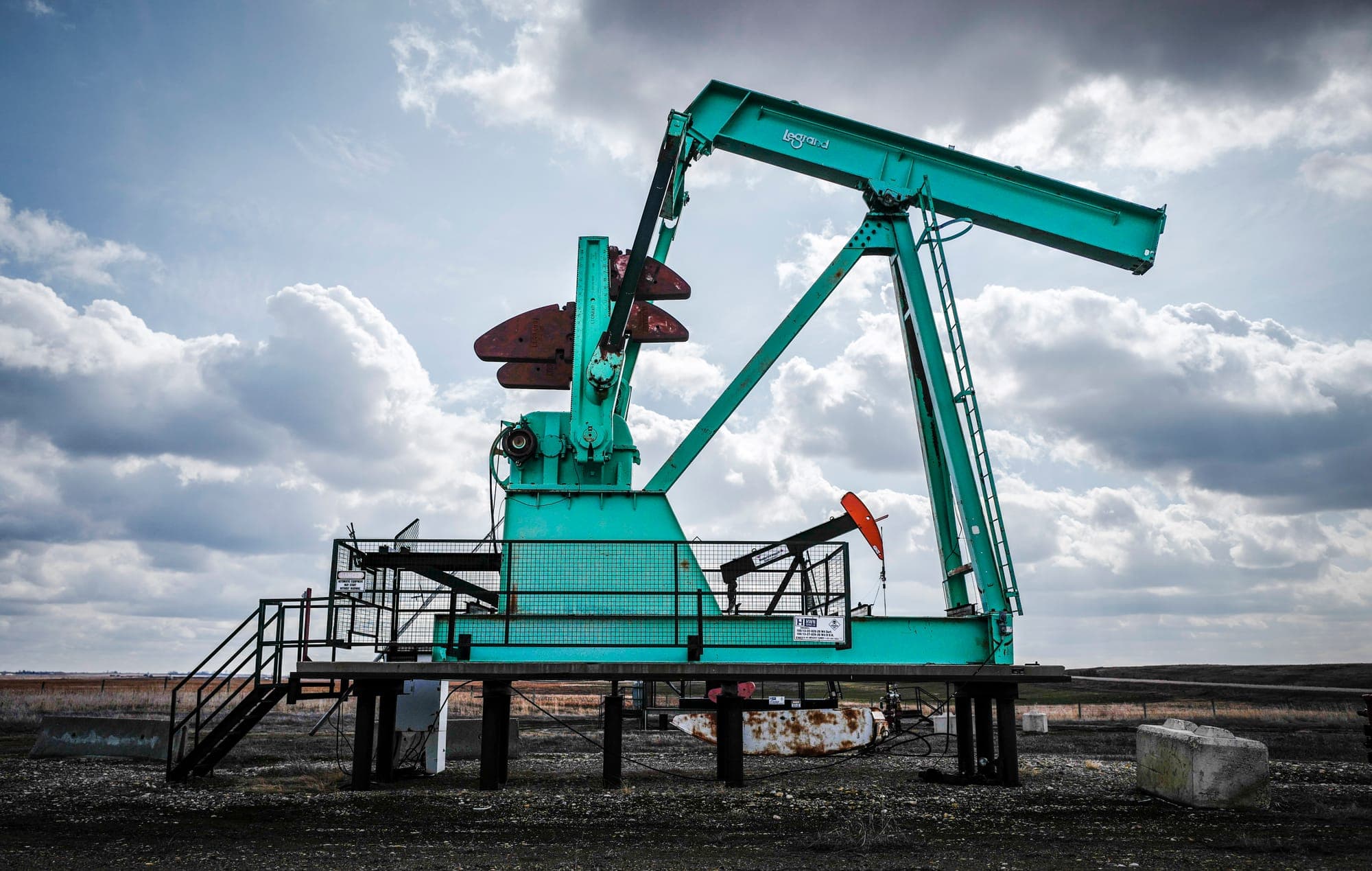At least $80M in new contracts to SNC-Lavalin since guilty plea over payments to dictator's son: IJF analysis
‘Classic Canadian compromise’ allowed firm to remain eligible for public projects, experts say
13 Aug 2024 • 5 min read
Copied to clipboard!

Bethany Lindsay, Local Journalism Initiative Reporter
Bethany Lindsay is an award-winning investigative journalist who covers white-collar crime. She is based in Vancouver and previously reported for CBC News, the Vancouver Sun, and the Cambodia Daily.
Democracy needs you.
Subscribe today to support independent Canadian journalism.
Dig Deeper
Our databases turn public records into public power. Dig in to find the real story on lobbying, donations, contracts, access to information releases and more.
Search


